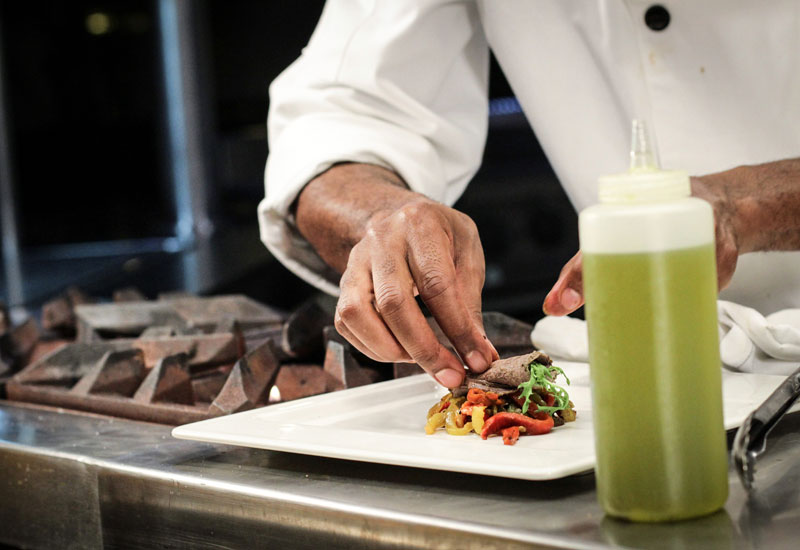Products
Canada Beef app
Canada Beef has introduced ‘The Round Up App’ to the global beef consumer. A free download to your smart phone or tablet, The Round Up is designed to simplify the complexities of the preparation and handling of beef. The app features cut selection and definitions by primal areas, cut alternatives for menu selection, cooking and handling videos, health and nutrition facts and brand messaging and attributes. Details: www.makeitbeef.ca/promotions
Tegel partners with Country Hill International
New Zealand poultry producer Tegel Foods now offers Pure New Zealand Premium Chicken in the UAE foodservice market following a tie-up with Country Hill International. Tegel’s range of products includes Rangitikei-branded corn-fed, free-range whole chickens, portions and fillets and the Tegel brand portfolio, with prime cuts and value-added products, such as cooked ready-to-eat shredded and sliced chicken, and chicken rashers. Country Hill also distributes Silver Fern Farms, a beef and lamb brand from New Zealand.
Operations
Chefs would like to use unusual meat cuts, but not all GCC consumers are ready for tripe and tongue
The heavy impact on the environment of meat production is well known, with anti-meat campaigners long highlighting concerns that it is a both a significant driver of global warming and a threat to grain and water stocks.
Multiple studies hit mainstream media in 2015 and in December, even former body-builder Arnold Schwarzenegger weighed in on the debate, but any messages advising people to eat less meat have been highly controversial. It’s not a call experts think any government will be prepared to make any time soon.
That said, as those in agriculture and meat production do what they can to manage the environmental impact of farming, those in the foodservice industry have some responsibility to contribute too. Cooking with meat is expensive, yield can be low and wastage high, so chefs also have a vested interest in ensuring traceability of their supply chain and minimisation of waste in the kitchen. Consumers, at the same time, are increasingly interested in how their food is sourced, prepared and cooked, so for restaurateurs, being ahead of the trends is important.
One of the most relevant culinary trends still up for debate in the Middle East is that of the nose to tail approach — advocated by environmentalists, favoured by chefs, and yet still shied away from by the GCC population.

| Advertisement |









 Search our database of more than 2,700 industry companies
Search our database of more than 2,700 industry companies









